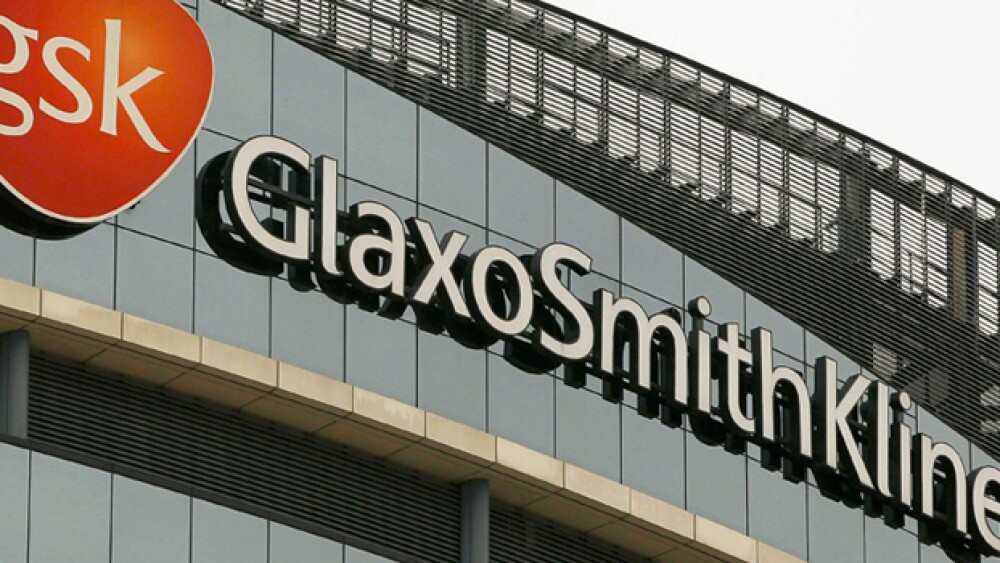GlaxoSmithKline Chief Executive Officer Emma Walmsley continues to trim excess fat from the company. This morning the company announced it has divested its rare disease gene therapy portfolio to Orchard Therapeutics.
GlaxoSmithKline Chief Executive Officer Emma Walmsley continues to trim excess fat from the company. This morning the company announced it has divested its rare disease gene therapy portfolio to Orchard Therapeutics.
As part of the agreement Orchard, which launched in 2016, received a number of gene therapy programs as part of the deal, which is expected to complement its existing pipeline of clinical and preclinical gene therapies for primary immune deficiencies and inherited metabolic disorders. Programs gained from the GSK deal include Strimvelis, the first autologous ex vivo gene therapy for children with adenosine deaminase severe combined immunodeficiency (ADA-SCID), which was approved by the European Medicines Association in 2016. Children born with ADA-SCID do not develop a healthy immune system so they cannot fight off everyday infections, which results in severe and life-threatening illness. Without prompt treatment, the disorder often proves fatal within the child’s first year of life. ADA-SCID is estimated to occur in approximately 15 patients per year in Europe.
Additionally, the company received two late-stage clinical programs in ongoing registrational studies for metachromatic leukodystrophy (MLD) and Wiskott Aldrich syndrome (WAS) and one clinical program for beta thalassemia.
Orchard will also acquire rights to exclusively license three additional preclinical programs from Telethon/Ospedale San Raffaele upon completion of clinical proof of concept studies for mucopolysaccharidosis type 1 (MPS1 or Hurler syndrome), chronic granulomatous disease (CGD) and globoid cell leukodystrophy, the company said in its announcement.
Under terms of the deal, GSK will receive a 19.9 percent equity stake in Orchard, as well as a seat on that company’s board of directors. Additionally, GSK will receive undisclosed royalties and commercial milestone payments related to the portfolio. By taking over the GSK programs Orchard will assume all obligations from GSK’s 2010 collaboration agreement with the Ospedale San Raffaele and Fondazione Telethon, as well as from GSK’s collaboration agreement with MolMed, GSK announced.
“Acquiring this portfolio further advances Orchard’s vision to be a global, fully integrated company leading the field of gene therapy for rare diseases. The acquisition immediately expands our primary immune deficiency and inherited metabolic disorder franchises and adds the potential for other franchises in the future,” Mark Rothera, Orchard’s CEO said in a statement. “At Orchard, we are committed to transforming the lives of patients with rare diseases through innovative gene therapies. We look forward to building upon the great achievements of GSK and its collaborators.”
After taking over the helm of GSK Walmsley has been focused on strengthening the company’s pharmaceutical business. In July 2017 Walmsley began to shift resources around as part of a strategic review in order to focus on key drivers for the company’s future, including oncology, respiratory and HIV/infectious diseases. The rare disease unit was included in those programs that Walmsley was interested in divesting. While GSK has divested its rare disease gene therapies to Orchard, the company said it will continue to invest in the development of its platform capabilities in cell and gene therapies, with a focus on oncology.
Some of Walmsley’s moves are paying off. CNBC reported this week that Shingrix, the company’s shingles vaccine, has won more than 90 percent U.S. market share within five months of its launch.





